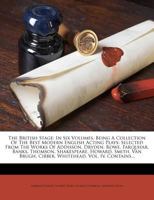Classic Starts: 20,000 Leagues Under the Sea
Select Format
Select Condition 
You Might Also Enjoy
Book Overview
Jules Verne's classic science fiction fantasy carries its hero--Professor Aronnax of the Museum of Paris--on a thrilling and dangerous journey far below the waves to see what creatures live in the ocean's depths. In the process, Verne imagined a vessel that had not yet been invented: the submarine.
Format:Hardcover
Language:English
ISBN:1402725337
ISBN13:9781402725333
Release Date:March 2006
Publisher:Union Square Kids
Length:160 Pages
Weight:0.73 lbs.
Dimensions:0.7" x 7.0" x 7.7"
Age Range:7 to 9 years
Grade Range:Grades 2 to 4
More by George Etherege
Customer Reviews
2 customer ratings | 2 reviews
There are currently no reviews. Be the first to review this work.










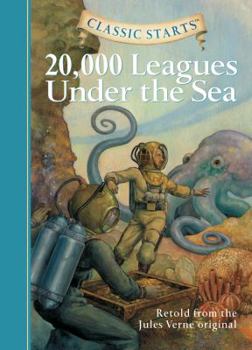



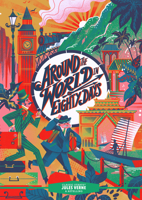




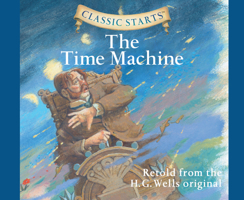
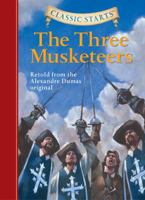
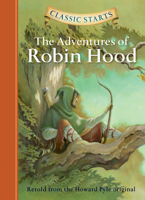
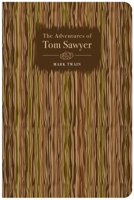


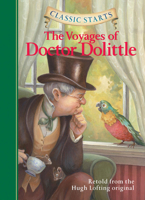


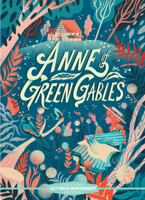
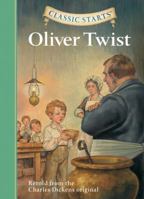
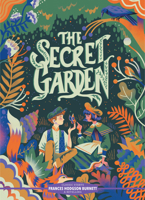
![[Classic Starts: The Hunchback of Notre-Dame: Retold from the Victor Hugo Original] [Author: Retold from the Victor Hugo original] [April, 2008]](https://i.thriftbooks.com/api/imagehandler/s/94156BAE993355599D24ACA041BB643C70D58B80.jpeg)
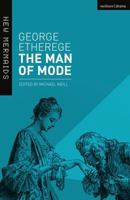

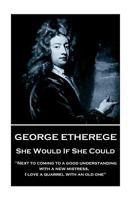



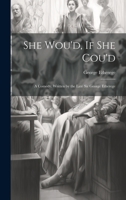
![The Man of Mode, or Sr Fopling Flutter; A Comedy [In Five Acts, and in Prose].](https://i.thriftbooks.com/api/imagehandler/s/5F18759C399F62654D6BEA412F7113A0318E1EF7.jpeg)
![She Wou'd if she Cou'd, a comedy [in five acts and in prose].](https://i.thriftbooks.com/api/imagehandler/s/2D5C601A6FAAECE6B9489CB1AC3488F6456193D5.jpeg)




